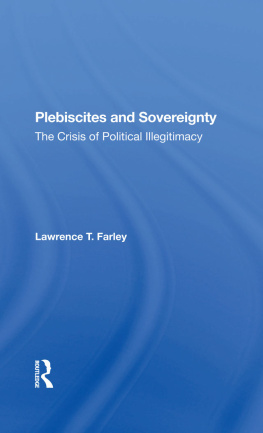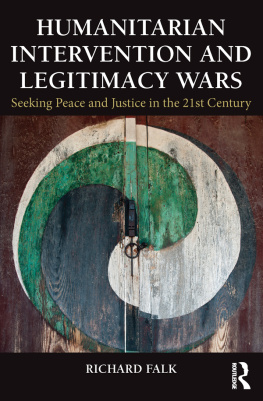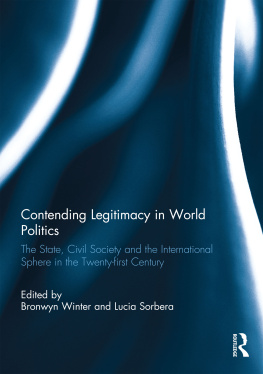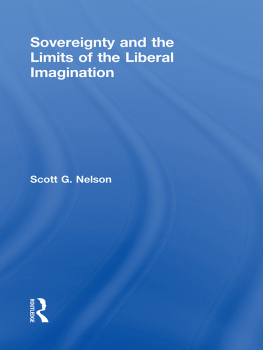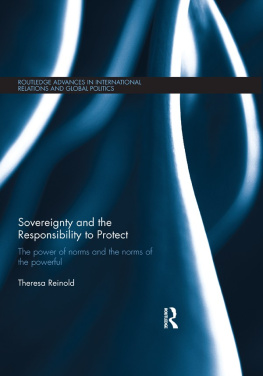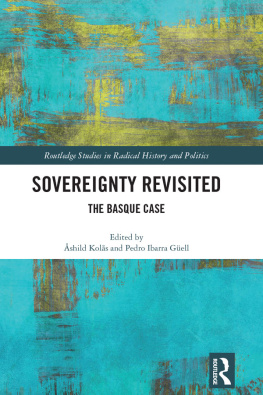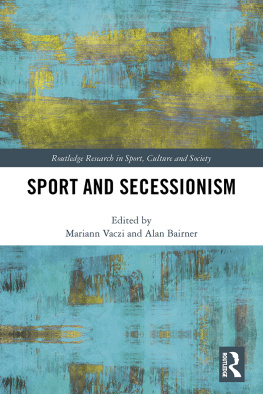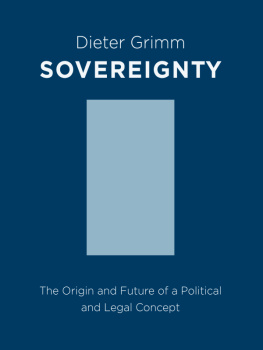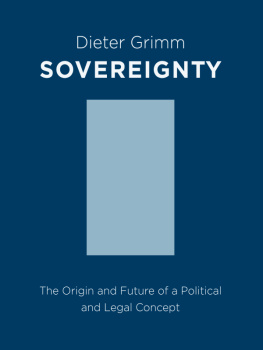About the Book and Author
Throughout the world, civil wars, secessionist struggles, wars of national liberation, and irredentist movements are producing casualties and refugees at a staggering rate. In an environment of international turmoil, traditional modes of inter-state diplomacy are often ineffective when political legitimacy and sovereignty, self-determination and territorial integrity are in conflict. Dr. Farley argues that although largely ignored in times of unfettered state sovereignty, the plebiscite is an increasingly effective tool of conflict resolution in an age of militant popular sovereignty. Dr. Farley identifies the circumstances and conditions under which a plebiscite can resolve sovereignty crises, discusses the practical process of conducting an internationally supervised election, and analyzes the roles that neutral states, international organizations, and outside observers play in providing expertise and resources for the conduct of plebiscites.
Lawrence T. Farley is associate professor of political science at Lock Haven University and author of Change Processes in International Organizations (1982).
First published 1986 by Westview Press, Inc.
Published 2019 by Routledge
52 Vanderbilt Avenue, New York, NY 10017
2 Park Square, Milton Park, Abingdon, Oxon OX14 4RN
Routledge is an imprint of the Taylor & Francis Group, an informa business
Copyright 1986 Taylor & Francis
All rights reserved. No part of this book may be reprinted or reproduced or utilised in any form or by any electronic, mechanical, or other means, now known or hereafter invented, including photocopying and recording, or in any information storage or retrieval system, without permission in writing from the publishers.
Notice:
Product or corporate names may be trademarks or registered trademarks, and are used only for identification and explanation without intent to infringe.
Library of Congress Cataloging-in-Publication Data
Farley, Lawrence T., 1947
Plebiscites and sovereignty.
(Westview special studies in international relations)
Bibliography: p.
Includes index.
1. Plebiscite. 2. Self-determination, National.
I. Title. II. Series.
JX4054.F37 1986 321'.0 85-31520
ISBN 0-8133-7217-8
British Library Cataloguing in Publication Data
Farley, Lawrence T.
Plebiscites and sovereignty: the crisis of political illegitimacy.
1. Plebiscite.
I. Title.
327.1'72 JX4054
ISBN 13:978-0-813-37217-4 (hbk)
The techniques of war have received the foremost attention of mankind throughout history. Our bookshelves groan under the weight of books detailing the strategy and tactics of warfare. Works that focus upon peace are proportionally few in number and many of them depict simply the horrors of war. Studies of the practical techniques of making peace are pitifully few in number. Indeed, mankind's collection of peacemaking techniques is uncomfortably small:
balance of power
deterrence
negotiation
good offices
mediation and conciliation
arbitration
adjudication
plebiscite
Clearly, our kit of peacemaking instruments is smallsome of the instruments rusty from lack of use. While they are not formidable, they are all that mankind has at this the most heavily armed period of human history. The plebiscite is but one of these techniquesyet it is fundamentally different from the others. The other methods are based upon the state-centric view of international relations where statesnot individual human beingsare the only recognized participants in international affairs. The sovereignoriginally a monarch and now typically an elective governmenthas the indisputable right to acquire and dispose of land and people. Thus, most techniques of peacemaking are founded on the assumption that peace is made between sovereign statesnot between peoples.
The most important political trend of the past millenium has been the persistent, worldwide increase in the level of political participation. This trend has transformed the substance of civic life in every corner of the planet. The "will of the people" has become the bedrock of political legitimacy in the domestic politics of nearly every state. Yet this notion of "popular sovereignty" seems to have had little impact upon the conduct of international relations. States remain the almost exclusive units of international intercourse. Land and people may be bartered by governments without seeking the consent of those whose livelihoods and national identities are at stake.
In the twentieth century a serious challenge has begun to emerge to the principle of unfettered state sovereignty. This challenge, the doctrine of "national self-determination," is simply an expression at the international level of the millenial trend toward greater popular participation in civic life.
If there is one future trend that can be forecast with great confidence it is that demands for greater popular participation in international diplomacy will increaseespecially in cases where land and people are on the negotiating table.
Hence, the plebiscitean ignored and abused orphan in the age of state sovereigntywould seem destined to become an essential tool of diplomacy in the approaching age of increased popular sovereignty. From a cynical device used by eighteenth and nineteenth century conquerors to ratify their conquests, the plebiscite has developed into a sensitive tool of conflict resolution. The plebiscites conducted following World War One and the plebiscites carried out by the United Nations Trusteeship Council since World War Two illustrate the essential usefulness of the technique.
David Fromkin reminds us that:
The world since 1945 has been at war almost continuously, even though the citizens of the prosperous countries have been sufficiently unaffected to be able to pretend that they have been living in a world at peace. Warfare has been adapted to the requirement of today's world.
The techniques of peacemaking must also be adapted to the requirements of today's world. The twenty-eight "small" wars currently (the mid-1980s) in progress are creating casualties and refugees at a rate equal to one Hiroshima every three weeks. The development of techniques to resolve the "small" wars of the world must become one of mankind's foremost priorities.
This book has the following aims:
To describe what I call the "crisis of illegitimate sovereignty" that is gripping the planet and to identify its principal components.
To identify the circumstances and conditions wherein a plebiscite or an internationally supervised election could assist in resolving sovereignty crises.
To discuss in detail the practical mechanics of conducting a plebiscitebased upon the lessons learned from two centuries of experimentation with the technique.
This book is not a history of the plebiscite. Those wishing to examine case-by-case histories can refer to the excellent work of Mattern and Wambaugh. United Nations Trusteeship Council documents and the reports of the several Commonwealth Observer Groups are also of value to historical researchers.
A wide spectrum of people have lent their help and encouragement in the preparation of this book. My thanks go to Dr. T.H.R. Cashmore of the Foreign and Commonwealth Office in London who was a member of the Commonwealth Observer Group at the Uganda elections of 1980. My profound gratitude goes to the late Dr. Josef Korbel, a member of the United Nations Commission on India and Pakistan (UNCIP), which sought to arrange a plebiscite in Kashmir in the late 1940s and early 1950s. Special thanks go to Dr. Mark Imber of the University of St. Andrews and the International Politics Association of the University of St. Andrews for providing a forum for the airing of some of the ideas developed in this volume. Thanks are in order to Professor Grzegorz Seidler and the staff of Marie Curie Sklodowska University in Lublin, Poland, for their kindness and support during my half-year residence in Lublin in 1981.

